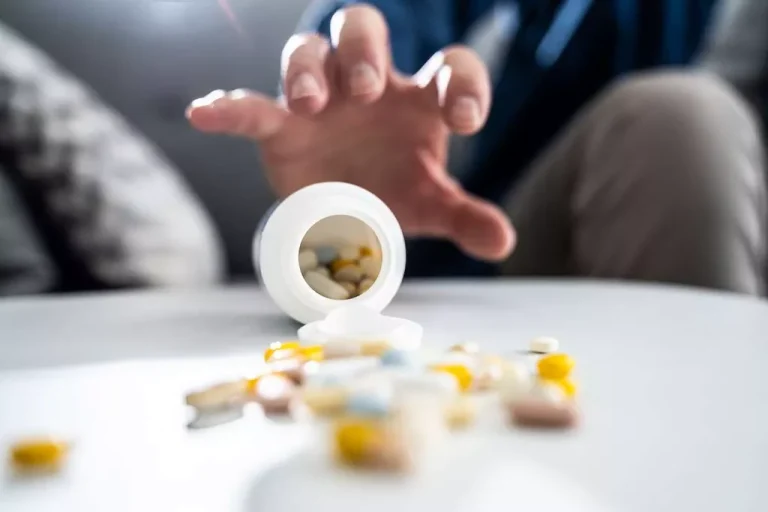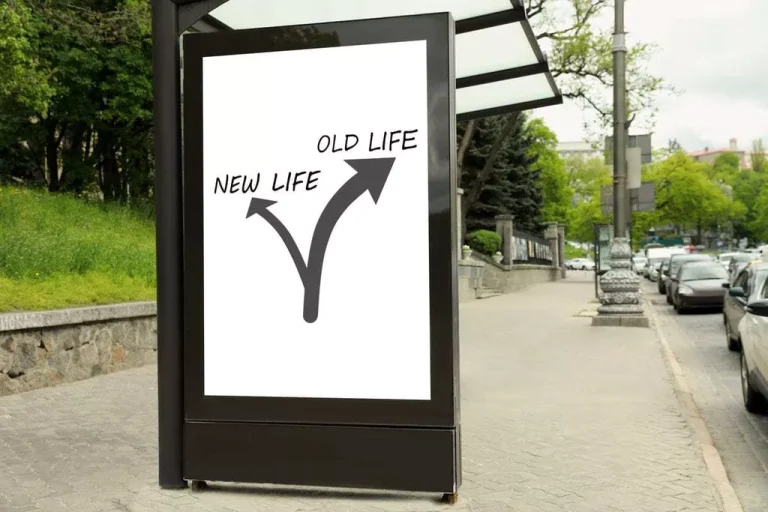
This distortion of visual input makes it even harder for the already impaired eye can alcohol cause double vision muscles and balance system to coordinate. The eyes struggle to stay aligned and focused through alcohol-induced visual confusion. Overall, the brain is unable to integrate and make sense of the information it is receiving from the eyes. These eye muscles are controlled by nerve impulses from three cranial nerves (III, IV and VI) that connect the brainstem to the eyes.

Alcohol and Your Eyesight: 4 Ways Excessive Drinking Can Affect Your Vision

However, if you drink to the point of impairment every night, you could run the risk of significant health issues. Aside from the side effects listed above, there are many other ways that excessive alcohol affects the eyes. Dry eyes may cause discomfort, such as a gritty or scratchy feeling, and temporary blurred vision because the eye’s surface is not adequately lubricated. This lack of moisture can also make the eyes more susceptible to allergens and infections, further exacerbating discomfort and potential vision disturbances. Alcohol is a diuretic, which increases urine production and, consequently, can lead to dehydration if the lost fluid is not replaced.
Can Alcohol Affect Your Vision?
In some cases, methanol poisoning can Sober living house occur as a result of drinking homemade alcohol or moonshine. The Royal College of Ophthalmologists champions excellence in the practice of ophthalmology and is the only professional membership body for medically qualified ophthalmologists. If you’re concerned about the health of your eyes, you should seek medical advice from your GP, optometrist or ophthalmologist. Possible short-term problems relating to intoxication include blurry vision, changes in color perception, and light sensitivity.
- He stresses extra care when drinking overseas, particularly in countries where alcohol regulations may be lax.
- Toxic amblyopia was very common before World War II due to excessive drinking and tobacco use.
- Doctors may prescribe antihistamines, antiemetics, benzodiazepines, and anticholinergics to manage vertigo that lasts more than a couple of days — but these are short-term solutions.
- Another significant short-term effect of alcohol on eyesight is a reduction in peripheral vision, often called tunnel vision.
- Drinking in moderation (defined as one drink per day for women and two drinks per day for men) isn’t going to cause any lasting negative problems with your eyes.
Alcohol-Related Vision Disorders
With all these benefits you may wish to start cutting down on alcohol as soon as possible. If cutting back is difficult for you, don’t be afraid to ask for help or seek out therapy or a support group. Visual hallucinations are another symptom that can occur during alcohol withdrawal. These hallucinations can be very distressing and may involve seeing non-existent patterns, objects, or lights. To see properly and keep images focused, the eyes need to work together and point in the same direction. This requires very precise coordination of the small muscles that move and control the eyes.

How Does Alcohol Cause Blurred Vision? (cont.)
If you are concerned about the amount you are drinking and are unable to stop on your own, help is available. English Mountain Recovery offers flexible treatment programs to help clients move into recovery. Aside from the obvious symptom of having the whites of the eye look red, bloodshot eyes may also feel itchy, burning, and painful and may cause the eyelids to swell. Normally this isn’t anything to worry about unless the redness does not go away. Research has shown that alcohol consumption can temporarily affect colour vision, making it more difficult to distinguish between certain hues. Alcohol can cause your pupils to dilate more slowly in response to light changes.
- No reliable sourcing indicates how many people experience vision issues due to alcohol.
- The problem can be fixed somewhat with special eyeglasses or contact lenses.
- This can lead to difficulty focusing and blurred vision, which can persist for several hours after drinking.
- If you not only drink, but also smoke excessively, you may also suffer from a painless but permanent loss of vision known as optic neuropathy.
- A driver that has been drinking alcohol cannot adapt as quickly to oncoming headlights.
If you are constantly drinking alcohol, those vessels are under constant attack and don’t have time to return to their normal state. In addition, alcohol will cause you to become dehydrated, which means that your eyes may become dry, itchy, and irritated. If you only have a glass or two a night you probably don’t have to worry about your vision becoming permanently lost due to alcohol. But if you exceed the recommended guidelines of alcohol consumption and are often binge drinking, you could be putting your vision and eyesight in serious danger. Many people have heard or experienced that having too much to drink can cause blurry or double vision. This is one example of a physical consequence of alcohol use on vision, but alcohol abuse affects your eyes in a number of other ways as well.

Alcohol abuse can take a toll on your eye health.
- Early stages are often asymptomatic, but as the disease progresses, peripheral vision may be lost, eventually leading to blindness if left untreated.
- Drinking excessive amounts of alcohol over time can lead to temporary or permanent vision loss.
- Heavy alcohol use can speed up the development of cataracts, a condition where the lens of the eye becomes cloudy.
Scientists have extensively studied how alcohol use affects our senses of vision and hearing, but perhaps surprisingly, not many studies have explored its effects on smell and taste. Recent IRP research revealed curious insights into that relatively neglected question. If your blood alcohol content gets above .20%, you could have trouble breathing or fall into a coma. In the event that your binge drinking episode doesn’t kill you, it may still result in a significant hangover that can last for hours. Mohan Garikiparithi got his degree in medicine from Osmania University (University of Health Sciences). He practiced clinical medicine for over a decade before he shifted his focus to the field of health communications.
Engaging with support groups or counseling services can provide valuable resources for managing alcohol consumption and improving overall well-being. This deficiency may contribute to night blindness and other visual impairments over time. As you reflect on your drinking habits, consider how they may be affecting not only your vision but also the overall health of your eyes. These effects are often exacerbated by the amount of alcohol consumed; the more you drink, the more pronounced these symptoms become. Furthermore, alcohol can lead to increased sensitivity to light, making bright environments uncomfortable and further complicating your ability to see clearly.